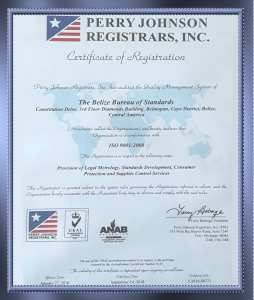International Electrotechnical Commission (IEC)
 IEC (International Electrotechnical Commission) is the world’s leading organization for the preparation and publication of International Standards for all electrical, electronic and related technologies. These are known collectively as “electrotechnology”. IEC provides a platform to companies, industries and governments for meeting, discussing and developing the International Standards they require.
IEC (International Electrotechnical Commission) is the world’s leading organization for the preparation and publication of International Standards for all electrical, electronic and related technologies. These are known collectively as “electrotechnology”. IEC provides a platform to companies, industries and governments for meeting, discussing and developing the International Standards they require.
READ MORE: http://www.iec.ch/about/
Comisión Panamericana de Normas Técnicas (COPANT)
 The Pan American Standards Commission, COPANT, is a civil non-profit association. It has complete operational autonomy and is of unlimited duration.
The Pan American Standards Commission, COPANT, is a civil non-profit association. It has complete operational autonomy and is of unlimited duration.
It comprises the National Standards Bodies (NSB) of the Americas, which currently total 34 active members and 10 adherent members.
COPANT is the reference for technical standardization and conformity assessment for the countries of the Americas for its members and international peers, and promotes the development of its members.
READ MORE: http://www.copant.org/index.php/en/
CARICOM Regional Organization for standards and Quality (CROSQ)
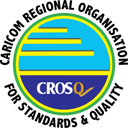 CROSQ is the regional centre for promoting efficiency and competitive production in goods and services, through the process of standardization and the verification of quality. In this regard, CROSQ aims to support international competitiveness for the enhancement of social and economic development of the region.
CROSQ is the regional centre for promoting efficiency and competitive production in goods and services, through the process of standardization and the verification of quality. In this regard, CROSQ aims to support international competitiveness for the enhancement of social and economic development of the region.
READMORE: https://www.crosq.org/
International Organization for Standardization (ISO)
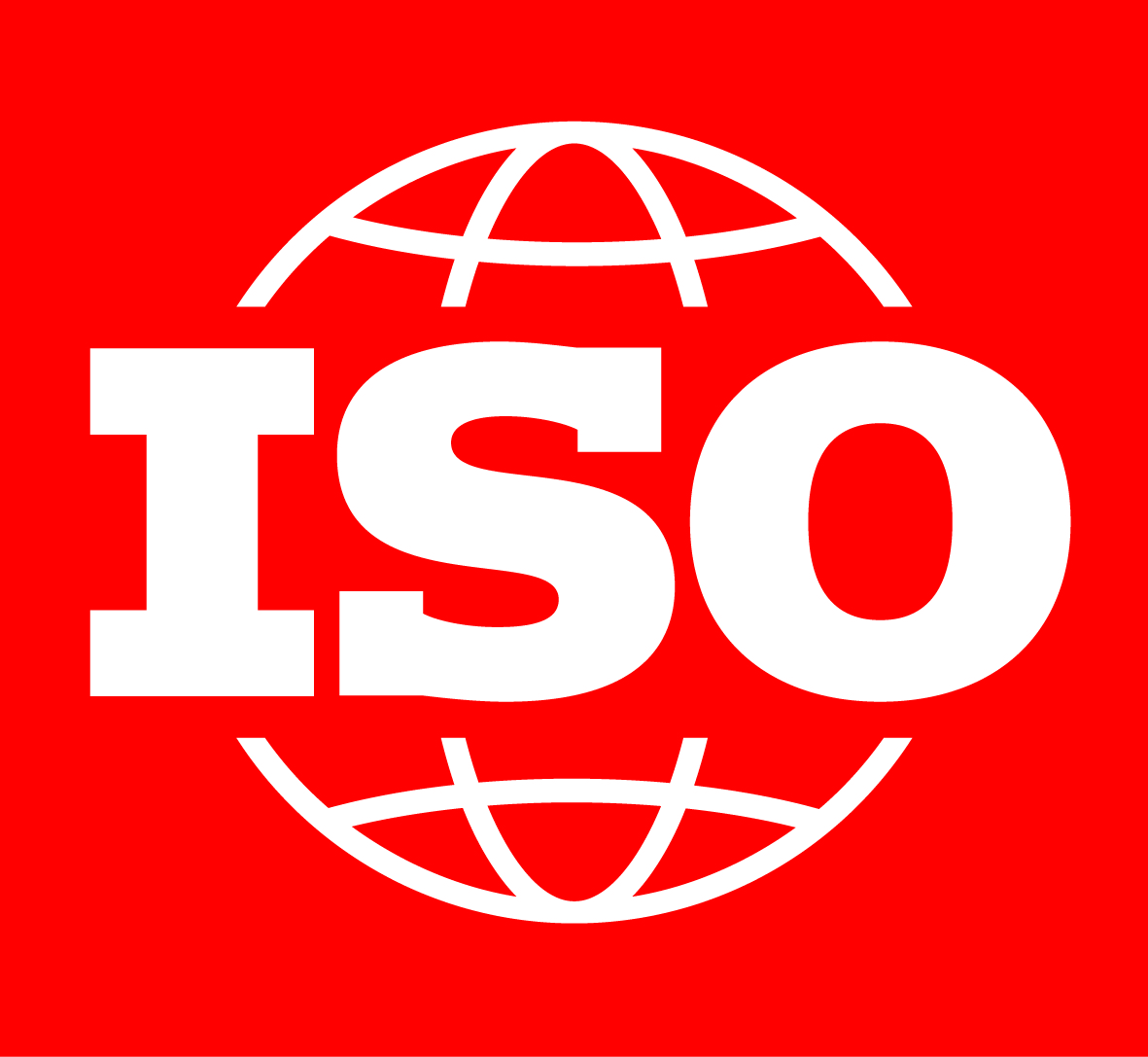 ISO is an independent, non-governmental international organization with a membership of 163 national standards bodies. Through its members, it brings together experts to share knowledge and develop voluntary, consensus-based, market relevant International Standards that support innovation and provide solutions to global challenges.
ISO is an independent, non-governmental international organization with a membership of 163 national standards bodies. Through its members, it brings together experts to share knowledge and develop voluntary, consensus-based, market relevant International Standards that support innovation and provide solutions to global challenges.
READ MORE: http://www.iso.org/iso/home.html
C O D E X A L I M E N T A R I U S

C O D E X A L I M E N T A R I U S is about safe, good food for everyone – everywhere. International food trade has existed for thousands of years but until not too long ago food was mainly produced, sold and consumed locally. Over the last century the amount of food traded internationally has grown exponentially, and a quantity and variety of food never before possible travels the globe today.
The C O D E X A L I M E N T A R I U S international food standards, guidelines and codes of practice contribute to the safety, quality and fairness of this international food trade. Consumers can trust the safety and quality of the food products they buy and importers can trust that the food they ordered will be in accordance with their specifications.
READ MORE: http://www.fao.org/fao-who-codexalimentarius/standards/en/
World Trade Organization (WTO)
 The World Trade Organization — the WTO — is the international organization whose primary purpose is to open trade for the benefit of all.
The World Trade Organization — the WTO — is the international organization whose primary purpose is to open trade for the benefit of all.
The WTO provides a forum for negotiating agreements aimed at reducing obstacles to international trade and ensuring a level playing field for all, thus contributing to economic growth and development. The WTO also provides a legal and institutional framework for the implementation and monitoring of these agreements, as well as for settling disputes arising from their interpretation and application.
READ MORE: https://www.wto.org/
ASTM International
 ASTM International is a globally recognized leader in the development and delivery of voluntary consensus standards. Today, over 12,000 ASTM standards are used around the world to improve product quality, enhance health and safety, strengthen market access and trade, and build consumer confidence.
ASTM International is a globally recognized leader in the development and delivery of voluntary consensus standards. Today, over 12,000 ASTM standards are used around the world to improve product quality, enhance health and safety, strengthen market access and trade, and build consumer confidence.
READ MORE: https://www.astm.org/
Click here to download the ASTM-BBS MOU Flyer
British Standards Institution
 BSI is the business standards company that helps organizations all over the world make excellence a habit. For more than a century we have been challenging mediocrity and complacency to help embed excellence into the way people and products work. That means showing businesses how to improve performance, reduce risk and achieve sustainable growth. As a global leader in helping organizations improve, our clients range from high profile brands to small, local companies in 182 countries worldwide.
BSI is the business standards company that helps organizations all over the world make excellence a habit. For more than a century we have been challenging mediocrity and complacency to help embed excellence into the way people and products work. That means showing businesses how to improve performance, reduce risk and achieve sustainable growth. As a global leader in helping organizations improve, our clients range from high profile brands to small, local companies in 182 countries worldwide.
READ MORE: http://www.bsigroup.com/
National Institute of Standards and Technology (NIST)
![]() The National Institute of Standards and Technology (NIST) was founded in 1901 and now part of the U.S. Department of Commerce. NIST is one of the nation’s oldest physical science laboratories. Congress established the agency to remove a major challenge to U.S. industrial competitiveness at the time—a second-rate measurement infrastructure that lagged behind the capabilities of the United Kingdom, Germany, and other economic rivals.
The National Institute of Standards and Technology (NIST) was founded in 1901 and now part of the U.S. Department of Commerce. NIST is one of the nation’s oldest physical science laboratories. Congress established the agency to remove a major challenge to U.S. industrial competitiveness at the time—a second-rate measurement infrastructure that lagged behind the capabilities of the United Kingdom, Germany, and other economic rivals.
From the smart electric power grid and electronic health records to atomic clocks, advanced nanomaterials, and computer chips, innumerable products and services rely in some way on technology, measurement, and standards provided by the National Institute of Standards and Technology.
Today, NIST measurements support the smallest of technologies to the largest and most complex of human-made creations—from nanoscale devices so tiny that tens of thousands can fit on the end of a single human hair up to earthquake-resistant skyscrapers and global communication networks.
READ MORE: https://www.nist.gov/
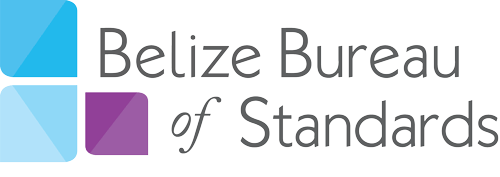

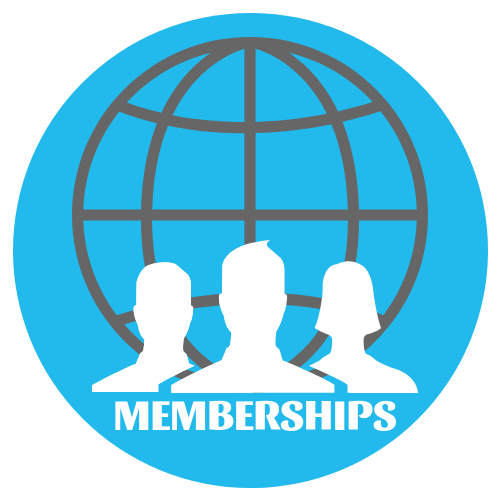 Memberships
Memberships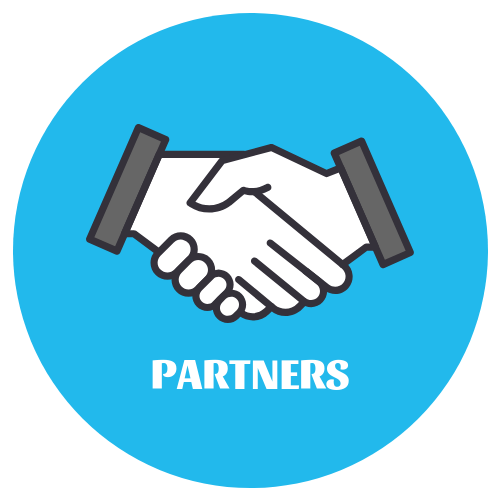 Partners
Partners
